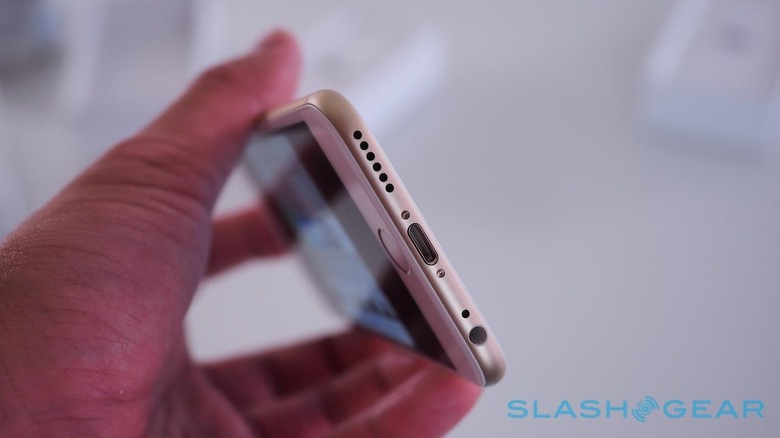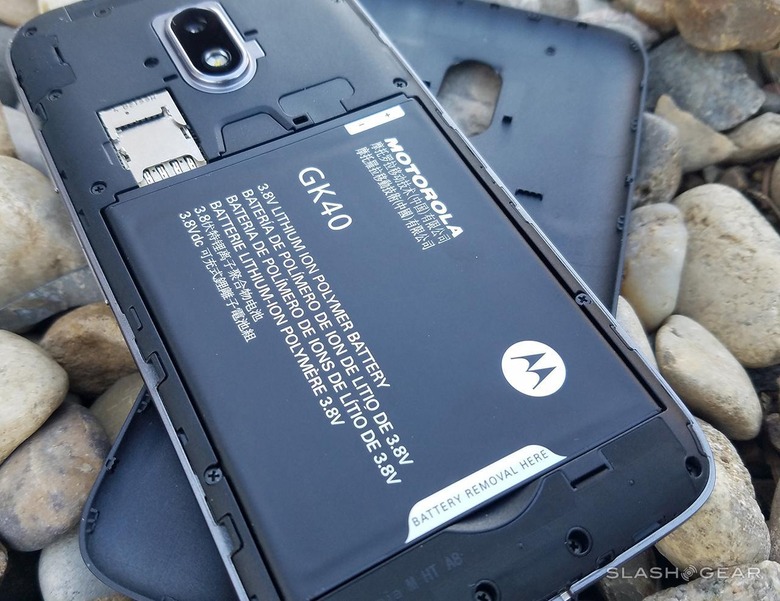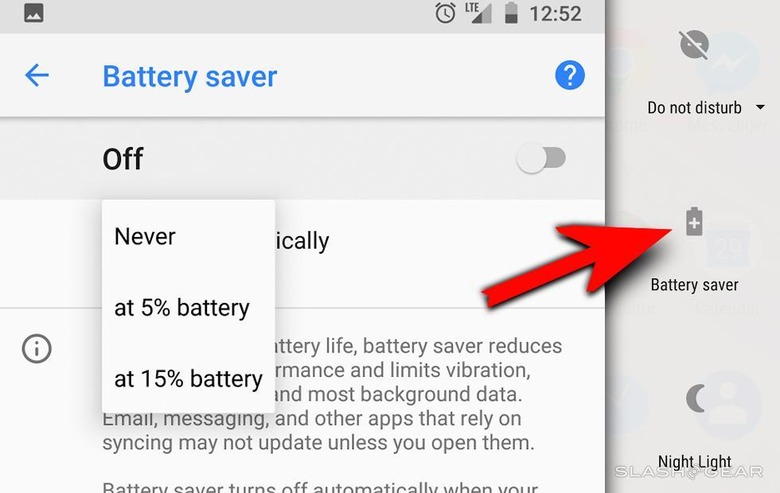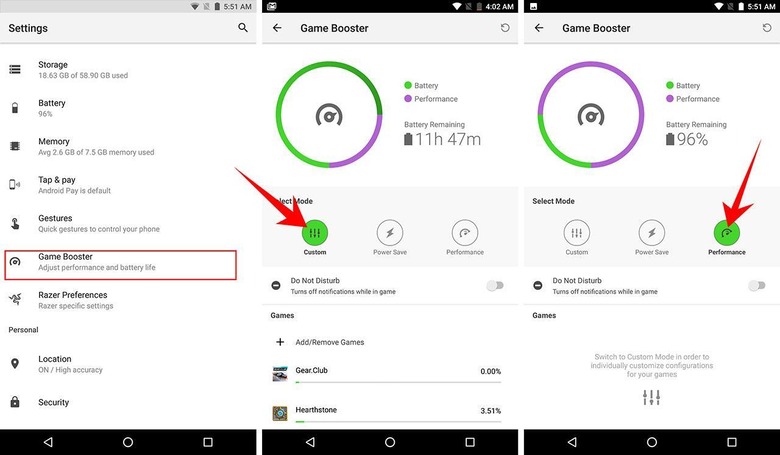Androids don't slow like iPhone, but maybe they should
Approximately one year ago, Apple made a bad decision in not properly announcing their iPhone slowdown measure with old devices with bad batteries. This week, Apple's bad-battery-iPhone-slowdown became public. Now several Android smartphone manufacturers are taking advantage of the negative feedback Apple's received as a result of said revelation. Motorola, HTC, Samsung, and LG have each announced that they do not slow down older smartphones. But they certainly could – and maybe they should?
The Big Apple Slowdown
Apple found that after a certain period of time, an aging iPhone battery could result in a device facing abrupt shutdowns. When this happened, a user would likely bring their iPhone in to an Apple store to find that their device either needed a new battery, or to have its performance reduced. In other words, they'd either get a new battery or have their phone slowed down voluntarily.

Not many users kept their phones long enough to see this old battery situation occur. When an old phone with an old battery isn't capable of handling games/apps/etc., it can shut down unexpectedly. Apple's software makes it so the phone slows down instead.
Apple apologized for not announcing this methodology and execution in a way that made sense to some consumers. They apologized with a battery replacement discount. Not long after the Apple announcement, iFixit replied with their own discount.
Can Android do that?
Short answer: Yes, and manufacturers leave it up to users to enact slowdowns on their own. A number of elements exist in a "Battery Manager" section of the Android API (for developers.) Android includes all of the following elements that the hardware can potentially detect:
• BATTERY_HEALTH_COLD
• BATTERY_HEALTH_DEAD
• BATTERY_HEALTH_GOOD
• BATTERY_HEALTH_OVERHEAT
• BATTERY_HEALTH_OVER_VOLTAGE
• BATTERY_HEALTH_UNKNOWN
• BATTERY_HEALTH_UNSPECIFIED_FAILURE
• BATTERY_PROPERTY_CHARGE_COUNTER: Battery capacity in mAh
• BATTERY_PROPERTY_CAPACITY: Remaining battery capacity as an integer percentage of total capacity
• BATTERY_PROPERTY_CURRENT_AVERAGE
• BATTERY_PROPERTY_ENERGY_COUNTER: Battery remaining energy in nanowatt-hours
• BATTERY_PROPERTY_STATUS
• BATTERY_STATUS_UNKNOWN

Battery Health (Good or Dead) indicate whether the battery is functional or not. Battery Health Good can mean anything from brand new to nearly Dead. These elements alone aren't enough to tell whether a phone battery is going to cause shutdowns at unacceptable rates. Android is, however, fully capable of understanding voltage drop in relation to current draw.
Manufacturers have the ability to make use of the device's PMIC – and the Android ability to see said battery info. Samsung Galaxy smartphones, for example, with Android include counters called Fg_cycle and fg_fullcapnom. The cycle number shows how many charging cycles the smartphone went through at the time it was checked. The fullcamnom indicates the current top capacity of the battery used by the phone.
Should users have Processing Power controls?
Android hardware manufacturers have likely considered cutting performance of smartphones as their batteries age to avoid shutdowns. But shutdowns of this nature clearly haven't been enough of an issue to make slowing down old phones a reality.

Should we expect more granular controls for elements like what Apple describes to avoid shutdowns? Even if we're not having trouble with shutdowns, wouldn't it be great to be able to control elements that could potentially make a phone battery last longer? As it turns out, lots of phones DO have abilities like this.
Google Pixel phones have a toggle in their pulldown menus called "Battery Saver." This toggle does as follows: "To help improve battery life, battery saver reduces your device's performance and limits vibration, location services, and most background data. Email, messaging, and other apps that rely on syncing may not update unless you open them."

Battery Saver is one switch – it's sort of an all-or-nothing situation. Razer Phone has a feature called "Game Booster" that allows rather granular controls over performance and screen tech on an app-by-app basis. Most Android devices have something in-between the one-switch options of the Pixel and the deep controls of the Razer Phone.
Android has the ability to monitor the health of its hardware, and smartphone manufacturers are fully capable of giving users the ability to take the destiny of their phone into their own hands. If it were automatic, it might delay problems for some people that use phones for far longer than the average standard phone life. But if users couldn't opt out, there'd be more trouble the likes of what Apple faces this week – and nobody wants that.
